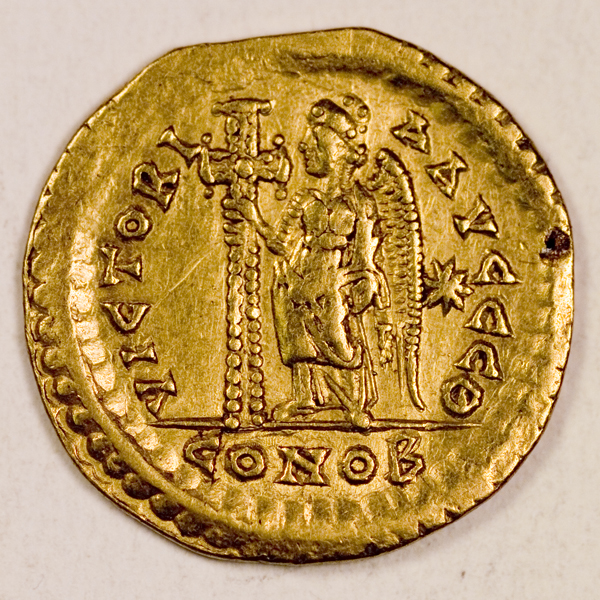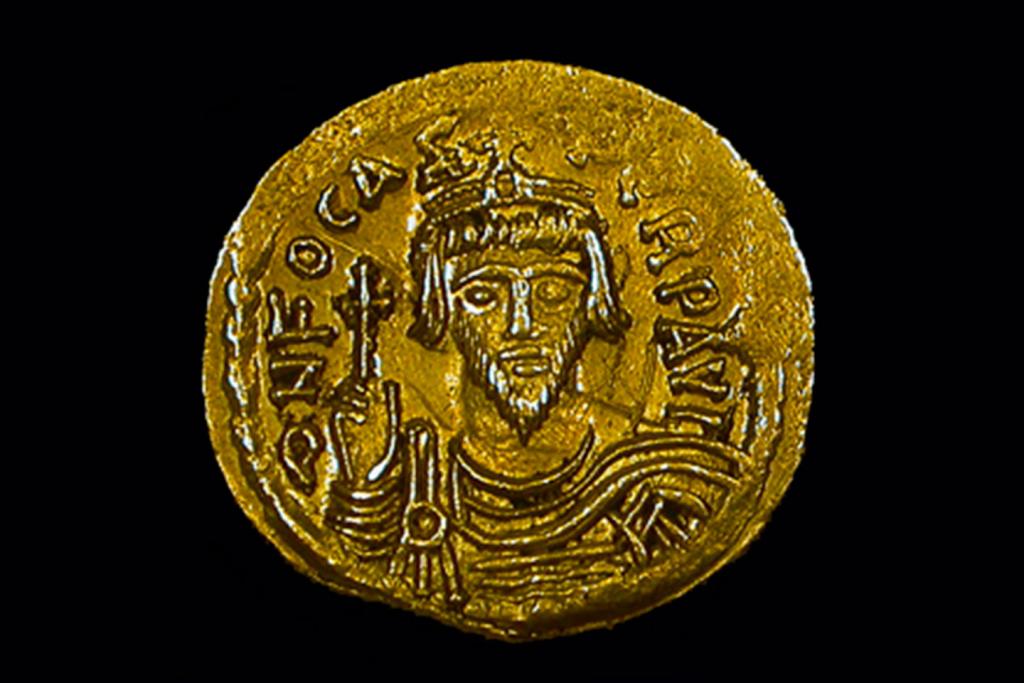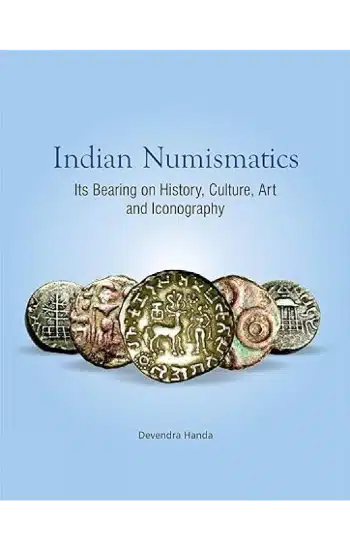New Info On Picking Coin Planchet And Slovak Coins
Wiki Article
How Can I Access An Online Database To Do Research On Numismatics As Well As Central Banks?
Using a database for research in numismatics related to central banks involves a variety of actions and considerations that can help you effectively collect and analyze data.
Database Selection: Choose a database specializing in financial and numismatic data. Some examples include databases offered by financial institutions or academic libraries. Examples include Numista or the World Bank's databases as well as academic journal repository repositories like JSTOR.
Search Strategy: Start by defining the goals of your research. Are you searching for the history of coins used by a central bank, its economic policies as reflected in the coin's designs or the economic implications of the numismatic decision-making process. You can use keywords to narrow your search. For example, central bank coins, "numismatics", and the names of central banks.
Data Collection: Make use of the advanced searching capabilities of the database to filter out relevant articles and reports. Search for historical policies, records, and numismatic catalogues that provide information on coin types minting sites, coin types, as well as historical contexts.
Analyse: After you've gathered the relevant data, look for patterns and trends. Review the coinage policy of central banks, the development of design motifs as well as the effects of economics on the production of coins. Find correlations between the numismatic trends and the economic policies or events of the past.
Cross-Referencing Verify your findings by cross-referencing data from different sources in the database. This allows for a more comprehensive understanding, and reduces the risk of relying solely on inaccurate data.
Documentation: Document all your sources and findings and the research methods you employed. This is vital for professional and academic purposes and increases your research's credibility.
Stay up-to-date: Numismatics and central bank policies are always changing. Keep up-to-date with the latest research, updated catalogues of coins and changes in central bank policy that could affect numismatic trends by visiting the database frequently.
These steps will enable you to effectively use databases to conduct a thorough and in-depth study of numismatics in relation to central banks. This technique allows for an in-depth exploration of the past aspects of the production and circulation of coins and also the economic consequences of numismatics. Take a look at the top rated do you agree on banknote history for blog advice including banknote identification, coin expo, coin holder, silver, dime, coin marketplace, coin display, peso, coin collecting, gold and more.

How Do I Use An Online Database To Look Up Numismatics In Relation To Coin Dealers?
The study of numismatics in relation to dealers in coins requires databases that concentrate on numismatics and dealer listings, as well as historical transactions, and market trends. Here's a structured approach to conduct such research:Database Selection: Choose databases that are specialized in dealer listings and numismatic trading. There are numerous databases to pick from, including online dealer listings, numismatic exchanges provided by numismatic groups (like the Professional Numismatists Guild), auction house databases, or historical archives containing transactions in numismatics.
Define Research Focus: Specify your research objectives. You might be interested in history and profiles of specific dealers in coins, the trends in numismatic sales or the value of coins throughout the years. Find out what you're looking for to help guide your research.
Search Strategy: Use words such as "coin dealers," "numismatic market," "dealer directories," and add specific dealer names or geographic regions, if appropriate. Use advanced search options to filter results by date, dealer specialties (such as ancient coins contemporary coins and rare coins) and the type of transaction (auctions, private sales, auctions).
Data Collection: Access to data about dealers in the field, including their names, locations for business, specialties they offer as well as their years of operation and profiles from the past. Find out about the most prominent dealers as well as their contributions to numismatic research or collecting societies, as well as their involvement in notable auctions and sales.
Analysis: Examine and analyze the data to gain a better understanding of the roles played by coin dealers. Learn how coin dealers affect market dynamics, impact trends in collecting and trends, authenticate, grade and share knowledge about numismatics in educational and publication.
Cross-Reference: Ensure the accuracy of your research by cross-referencing data from multiple databases, directories of dealers, and auction data. This will ensure accuracy and completeness of your research and provide insights into the various functions and contributions made by coin dealers to numismatics.
Documentation - Document your research findings in a structured fashion including the sources you used and noting the methods used. Keep track of the specifics of the databases you visited as well as the search terms that you searched with, and the way each resource is related to your research.
Stay up-to-date Keep up-to-date: As the numismatic world changes, so do new auctions, new dealers, and market developments. Stay informed by keeping the track of news from auction houses for numismatics, societies and online marketplaces to stay on top of the latest developments.
By following these steps, you can effectively utilize databases to study the numismatics of coin dealers. This approach allows a thorough investigation of the historical background, market influences and the scholarly contributions of coin dealers in the numismatic world. It provides valuable insight into the habits of collectors and market trends. Take a look at the top rated pound tips for blog info including half-dollar, banknote storage, treasury, silver coins, dime, quarter, currency forum, numismatic value, coin mold, collection and more.

What Can I Do With The Numismatics Database To Locate Legal Experts To Help Me With My Research?
Here's a structured approach to conducting this type of research: Database Selection: Select databases that focus on legal research, numismatic laws as well as court cases involving the numismatic issue, and academic publications on legal aspects of the numismatics. A structured approach is provided to help you conduct this research. Legal research platforms such as Westlaw and LexisNexis are examples, along with numismatic journals, publications by the numismatic societies and law journals.
Define Research Focus: Specify your research objectives. Are you interested in understanding legal frameworks that govern coinage and currencies, numismatic disputes rules governing coin production and circulation, or interpretations of numismatic authenticity and ownership? Find out the key areas of your interest to direct your search.
Search Strategy: Add keywords like "numismatic law" or "legal aspects of coinage" or "numismatic conflicts" and include specific legal concepts, such as authenticity, ownership, and counterfeiting, if applicable. You can use advanced search features to filter the results by date, legal topic (numismatics) as well as by jurisdiction (national or foreign), and other factors.
Data Collection: Search for the legal precedents (case law) and legislative texts (legislation) and scholarly publications related to the field of numismatics. Get information about the summaries of cases or legal analyses. Interpretations of relevant statutes and historical perspectives can also be helpful.
Analyze: Understand the legal implications in the field of numismatics through the analysis of data. Examine how legal frameworks impact numismatic transactions, collection management as well as authentication procedures as well as international trade in numismatics. Compare the legal frameworks and interpretations across various jurisdictions or historical times.
Cross-Referencing: Verify the accuracy of your study by comparing the information from various databases, legal documents as well as court records and academic journals. This allows you to do a thorough research and gain a complete understanding of the law of numismatics.
Documentation - Record your findings in a systematic way by noting the sources you used and the methodologies you have employed. Take note of the information in the databases you used, the search terms used and the relevance each source offers to your research question.
Stay Updated: Numismatic laws and legal interpretations evolve as legislative changes are made and courts make rulings. Stay current by monitoring updates from legal databases as well as numismatic law publications and ad-hoc updates from numismatic societies on legal developments.
You can use databases to research numismatics and legal experts by following these steps. This technique allows for a thorough study of the legal frameworks and interpretations of scholarly scholars which intersect with the field numismatics. Read the top the advantage on coin news for site examples including shekel, currency collecting, currency history, coin die, circulated, obsolete currency, currency catalog, banknote storage, mint condition, banknote catalog and more.

How Can I Find Out More Information About Numismatics By Using Online Forums And Communities Using A Numismatics Database?
To research numismatics by using forums online You will need to find platforms that allow collectors and fans to share knowledge, discuss trends and show off their collections. This is a structured way to conduct this research. For example, forums like CoinTalk or Reddit's r/Coins as well as specific communities devoted to numismatics on social media platforms like Facebook groups, LinkedIn, or Facebook groups are a few examples.
Define Research Focus: Specify your research objectives. Are you looking to learn more about the current trends in collecting, debate specific types of coins and historical periods, seek advice regarding authenticity and grading, or meet with experts in specific areas of numismatics? Find out what you are looking for to limit your search.
Search Strategy: Include keywords that are relevant to your needs like "numismatic communities,"" "coin-collecting forums" or "online discussions on numismatics" as well as specific areas (ancient coin or modern paper money, coin) or keywords that relate to your research question. Search functions are available on each platform.
Data collection: Look for information within the threads, discussions and posts of online forums and communities. Learn about strategies for collecting, coin identifying tips, market trend, personal experiences, discussion of cultural or historical aspects.
Analyze your data in order to understand the opinions and experiences of the members of the online community of numismatics. Assess the credibility of the information by analyzing the expertise of experts as well as the consensus among members on certain topics, as well as the depth of discussion.
Cross-Referencing Review your findings by cross-referencing across forums and communities. Examine the insights of different platforms in order to gain an overall view of trends and market data.
Documentation: Recording your findings is essential. Note specific threads, discussion issues, and contributors as required. Keep track of key insights and the opinions that are shared in online forums and communities.
Stay Involved Engage in the Discussions: Ask questions and join in the discussions to gain insights and build connections with other members of the numismatic group. Stay up-to-date with new threads. Replies, and Announcements to stay informed of most recent discussion and trends.
Following these steps, you'll be able to effectively make use of online forums and communities to conduct research in numismatics. This method allows you to benefit from an array of information and knowledge from a wide group collectors and experts. They can provide useful insights and perspectives on various aspects regarding coin collecting and identification. Read the best dollar hints for website info including currency authentication, bullion, treasury, numismatic investment, gold coins, currency dealer, coin release, coin, yen, design and more.

What Can I Do With An Online Database To Look Up Numismatics Regarding Technology Providers?
To conduct research on numismatics related to technology providers, you can utilize databases that are focused on developments in numismatic technologies including digital imaging system, authentication technology, and digital catalog tools. The following is a methodical way to conduct such research. These include industry reports as well as websites of companies in the field of technology.
Define Research Focus: Specify your research objectives. Are you looking for information about coin imaging technologies or new authentication methods (like the spectroscopy) or solutions to digitally catalog your numismatics collections? Clarify your goals to help guide your study.
Search Strategy: Use keywords like "numismatic technology providers", "coin-imaging systems", and "authentication technology for coins" when appropriate. You can also include specific firms or technologies (such as digital image manufacturers, companies that manufacture authentication devices) if necessary. You can use advanced search options in order to narrow the results according to the date, industry, and kinds.
Data Collection: Find information on technological innovations and developments in the field of numismatics. Data collection: Get information about technological advancements and advances in numismatics.
Review your data to assess the impact and capabilities of technology offered by different companies. Examine how these technologies could enhance authentication processes and increase the cataloging process. They should also contribute to numismatics, for example, research in numismatics.
Cross-Referencing Check information by comparing it across reports from industry, databases, technology company website, and publications. This will guarantee the accuracy and thoroughness of your investigation. It also provides insights into the variety of technological solutions for numismatic application.
Documentation. Record your findings from research, citing the sources you used, and identifying any methods employed. Keep track of information like the databases you have accessed and the search terms you used and their relevance to the research questions.
Stay up-to-date Numismatic technology continues to evolve through advancements in imaging, authentication and digital cataloging tools. Keep the latest information on numismatic services from technology providers.
These steps will enable you to efficiently use databases to research the numismatics industry and the technology providers. This approach enables a comprehensive analysis of the technology innovations which are shaping authentication, cataloging, and research capabilities within the numismatic field, offering insight into the effects of technology on numismatic practice and scholarship. Check out the best coin rarity hints for more examples including currency dealer, banknote display, coin planchet, coin mintmark, gold coins, coin news, legal tender, banknote book, coin edge, platinum and more.
